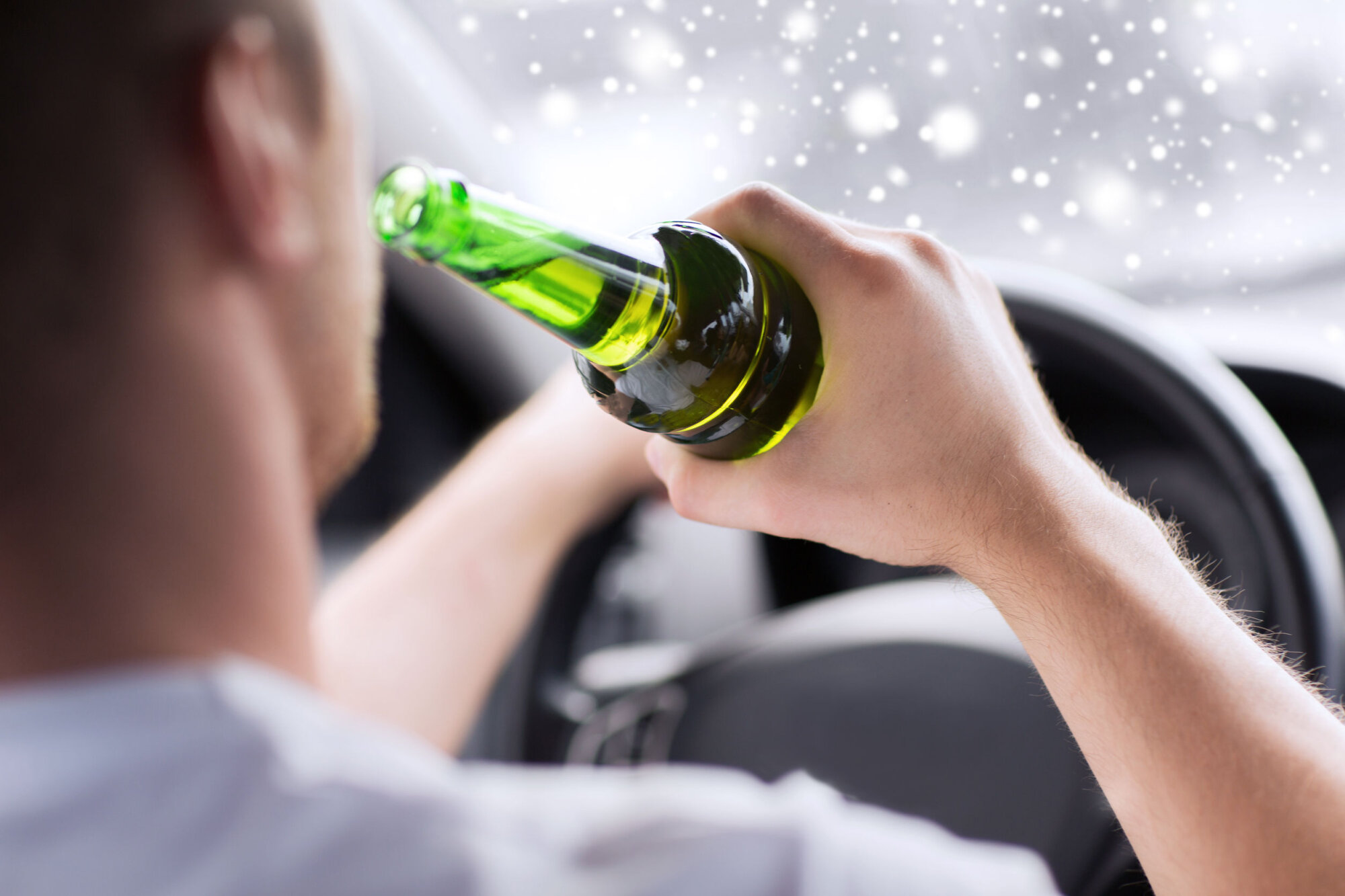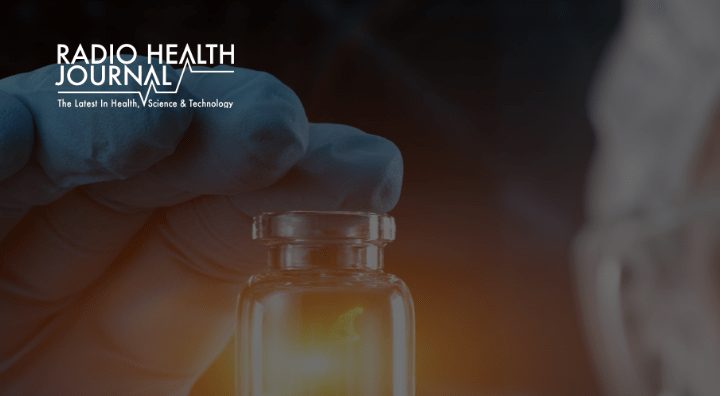Scientists are learning that people who repeatedly drive drunk are not all the same in the personalities and brain chemistries that motivate their behavior. An expert discusses new research suggesting different ways to reduce recidivism in each of these personality types.
Guest Information:
- Dr. Thomas Brown, Assistant Professor of Psychiatry, McGill University and researcher, Douglas Mental Health University Institute
Links for more info:
16-37 The Brain Science of Drunk Driving
Pence: In a single year, drunk driving kills nearly 10,000 people in the United States, and injures nearly 300,000. It costs the nation an estimated $132 billion and leads to the arrest of more than one million people. Despite all that, one in 12 people admit they’ve driven under the influence in the last year, according to one survey. Why do some drivers still feel confident getting behind the wheel even when they’re intoxicated? And what causes some of them to do it again and again?
Brown: When they drink, despite drinking a lot to the point where their blood alcohol level surpasses the legal limit, they’re adamant in saying that they felt fit to drive and that was one of the reasons why they felt it was completely appropriate for them to get behind the wheel of a car.
Pence: That’s Thomas Brown, assistant professor of psychiatry at McGill University and a researcher at the Douglas Mental Health University Institute.
Brown: When you’re talking about impaired driving of course, you have to have certain preconditions: use of alcohol and/or drugs, accessibility of a car, a propensity to use it. Beyond that, other stuff, you have demographics come into play: single male status, low educational status, etc. have all been correlated to added risk. What we’ve been doing in our work is looking at the neuropsychology and neurobiology of risk-taking and specifically using the laboratory of impaired driving and driving behavior.
Pence: According to the US Department of Transportation, about a third of people convicted of drunk driving are repeat offenders. Brown is the lead author on a recent study that focuses on these drivers. But he says his team took a different approach from normal to investigate the phenomenon.
Brown: There’s a long tradition of research looking at personality factors like sensation-seeking and reward sensitivity and how that’s correlated to risk recidivism. What we’ve been doing is using more recent and behavioral tasks to look at the cognitive mechanisms that may underlie recidivism risks. So we’ve been looking at things like self-regulator processes and also neurobiological indices of risk-taking, particularly the stress response system.
Pence: In his study, Brown found a link between a potential drunk driver’s risk of a repeat offense and the stress hormone cortisol.
Brown: The stress response has been correlated to a lot of risky behaviors including delinquency, criminal behavior, but also suicide risk. So we applied those findings from other areas and other risky behaviors to the drunk driving problem and, as well as risky driving more generally, and we found quite reliably that a blunted cortisol stress response is correlated and tends to predict those individuals who are impaired drivers, those who are more prone to recidivism and young drivers, those who are more prone to persist in risky driving unrelated to alcohol.
Pence: Brown explains how someone’s stress response can affect their odds of driving under the influence multiple times.
Brown: The linkage between stress response and risk-taking from one optic is quite simple: when people engage in risky behavior, typically there’s a physiological cost. There’s the response that for most people is aversive to the point where people will be reluctant to put themselves back in that situation just because it doesn’t feel good. However, we found that in our risky drivers, that system is blunted. In other words, the signal following engagement in risky driving is quite faint in those people and the theory goes, and it’s called fearlessness, is that without the negative feedback of the system, people will be more prone to repetitively engage in risk-taking behavior because there’s no physiological cost.
Pence: Brown’s study looked at three different groups of drivers – two alcohol-related and one unrelated. The non-alcohol group consisted of risky drivers--those who regularly engaged in reckless driving or speeding. Of the alcohol groups, one was made up of those who regularly drove impaired, but did not participate in other reckless behavior. And a final “mixed bag” group consisted of those who regularly both drove impaired and participated in other reckless behavior.
Brown: We more or less confirmed that in the mixed driving group, these people who engage in multiple forms of risk-taking behind the wheel are less fearful, more fearless in face of risk-taking than the other groups. The reckless, non-alcoholic drivers were of a different ilk and in fact, they were individuals who were more driven by their limbic system, the need for thrills, and it was full-gas for those individuals.
Pence: For the final group of drivers, brown says drinking brings out a different side of them.
Brown: For the impaired drivers, we found that in fact, when they’re not drinking they actually are not risk-takers, but they do have some more subtle features of this inhibition, which don’t show themselves when these individuals are not drinking, but when they drink, seems to be disinhibited and so it comes out and we kind of see it as a sort of a Dr. Jekyll and Mr. Hyde. They’re quite normal and responsible when they’re not drinking, but they’re somehow more susceptible to the effects of alcohol and it brings out this kind of risk-taking behavior.
Pence: Brown says his findings could be used to create more effective prevention techniques in the future…targeting specific personalities.
Brown: The DWI offenders seem to be fairly reasonable and rational individuals who evaluate risk like the rest of us when they’re not drinking, so in that group it seems to be really about decoupling drinking from driving. Once a person has drank, then it seems based upon our data that all bets are off in their ability to effectively self-regulate. They seem to be more sensitive to the effects of alcohol than others, so it’s really about directing intervention that interrupts the process from drinking and then later, driving.
Pence: Prevention will likely look different for the more fearless “mixed bag” group.
Brown: The characteristics that may underpin their mixed bag of risk-taking is quite different. It’s more profound, really based upon inability to self-regulate effectively. Their ability to plan and to orchestrate and perceive negative consequences in the future and respond to risk in anything but a sort of fearless fashion is quite different than the rest of us, so you know, it might be that for individuals like that who may not be able to change with an intervention, that perhaps more technological solutions could be interesting, putting in limiters or interlock devices in individuals with that kind of make up might be something worth considering.
Pence: Brown acknowledges that those measures are more already exist to help prevent drunk driving. But he says that more work needs to be done in order to lower the risk of recidivism.
Brown: Most jurisdictions use multiple strategies to address risky driving generally and impaired driving specifically. We have public health messages and other primary prevention efforts including deterrents, punishing sanctions and fines following an arrest and conviction and basically, most programs are offered in the real world as one a series of interventions, so it’s hard to disentangle the impact of any particular strategy but overall, I think there’s a general agreement that we have to do something to prevent recidivism and that some well-thought up programs with some evidence to support their efficacy is certainly a benefit.
Pence: Beyond these techniques, however, brown says that it’s too soon to know what interventions would be most efficient.
Brown: I wouldn’t really advocate any specific type of strategy based upon these preliminary results. Overall though, most would agree that when you got these different kind of risk-taking profiles, intuitively, it makes sense that these different groups would not always respond equally to the same intervention. But certainly when you come to consider drunk driving, making a distinction between people who only engage in drunk driving vs. those who engage in this mixed bag of drunk driving and reckless behavior is important because the unpinning seems to be quite different in these two groups.
Pence: The best advice, of course, is to avoid driving if you’ve consumed alcohol—any at all--even if you feel equipped to drive.
Brown: There is a lot that the regular driving population does not know about these factors that increase their crash risk. In turn, it starts with probably one or two drinks and not the five or six or the seven that people would probably have to take to penetrate the per say limits for a blood alcohol content in a DWI offense. So I think being aware that injury risk increases after the first drink is important and that when someone’s operating a machine like a car, any drinking should be prevented. In fact, these are individuals who are going by their own sensations of fitness and seem to really ignore the statistics we have that suggest that risk under alcohol for crashes and injury generally start at very low levels of alcohol, so irrespective of whether they feel and how much they’ve drank, they’re probably at more elevated risk than they know.
Pence: An essential part of prevention, Brown says, is education. Each of us needs to be aware of how our body and mind react to alcohol, and whether or not it puts us at risk of reckless behavior, including getting behind the wheel while intoxicated. We need to know our own personality as well, our propensity to seek out risks, and our ability to plan ahead of time. Knowing ourselves can help keep us safe… and protect those around us as well.
Our writer-producer this week is Michael Wu. I’m Reed Pence.
Sign up to receive email updates
Enter your name and email address below and I'll send you periodic updates about the podcast.











Leave a Reply